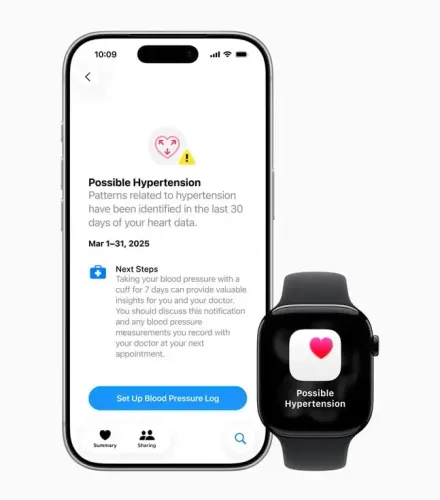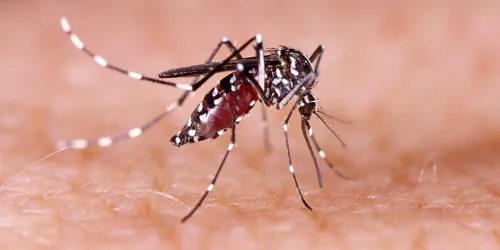Could Low Intake of Ultra-Processed Foods Raise Diabetes and Cancer Risk?

Synopsis
Key Takeaways
- Ultra-processed foods are linked to increased risks of chronic diseases.
- Even low consumption can lead to significant health risks.
- Processed meats and sugar-sweetened beverages are particularly harmful.
- Health guidelines recommend reducing intake of these foods.
- Making informed dietary choices can improve overall health.
New Delhi, July 9 (NationPress) Even in moderation, the intake of ultra-processed foods is associated with significant increases in the risk of chronic illnesses such as diabetes and cancer, according to recent findings.
The research indicated that even low levels of regular consumption of processed meats, sugar-sweetened beverages (SSBs), and trans fatty acids (TFAs) can elevate the risk for conditions like Type 2 diabetes, ischemic heart disease (IHD), and colorectal cancer.
While these risks have been acknowledged for some time, the comprehensive analysis of the dose-response connections between these foods and health results has been somewhat limited, noted researchers from the Institute for Health Metrics and Evaluation at the University of Washington.
In a paper published in the journal Nature Medicine, the researchers discovered that consuming processed meat in amounts ranging from 0.6 grams to 57 grams per day can increase the likelihood of developing type 2 diabetes by at least 11% compared to non-consumers.
For colorectal cancer, the risk rose by 7% for daily consumption between 0.78 grams and 55 grams. The risk of IHD was calculated at 1.15 for daily intakes of 50 grams.
Moreover, consuming between 1.5 and 390 grams of sugar-sweetened beverages daily was found to elevate the average risk of type 2 diabetes by 8%.
Intake levels of 0 to 365 grams daily were linked to a 2% higher average risk of IHD.
“This new analysis supports dietary recommendations to limit the intake of processed meats, sugar-sweetened beverages, and trans fatty acids, emphasizing the necessity for a thorough health assessment framework for ultra-processed foods,” the researchers stated in their publication.
The results revealed that the risk escalated consistently with each level of consumption, with the most significant increases occurring at low habitual intake levels, approximately equivalent to one serving or less each day.
Numerous past studies have connected ultra-processed foods, especially processed meats, sugar-sweetened beverages, and trans fats, with heightened risks for chronic diseases.
Estimates indicate that diets high in processed meats were responsible for nearly 300,000 fatalities globally in 2021, while diets rich in sugar-sweetened beverages and trans fats accounted for millions of disability-adjusted life years.
This is primarily because processed meats, preserved through methods like smoking, curing, or chemical additives, often contain compounds such as N-nitroso agents, polycyclic aromatic hydrocarbons, and heterocyclic amines—substances linked to tumor development, as explained by the researchers.









